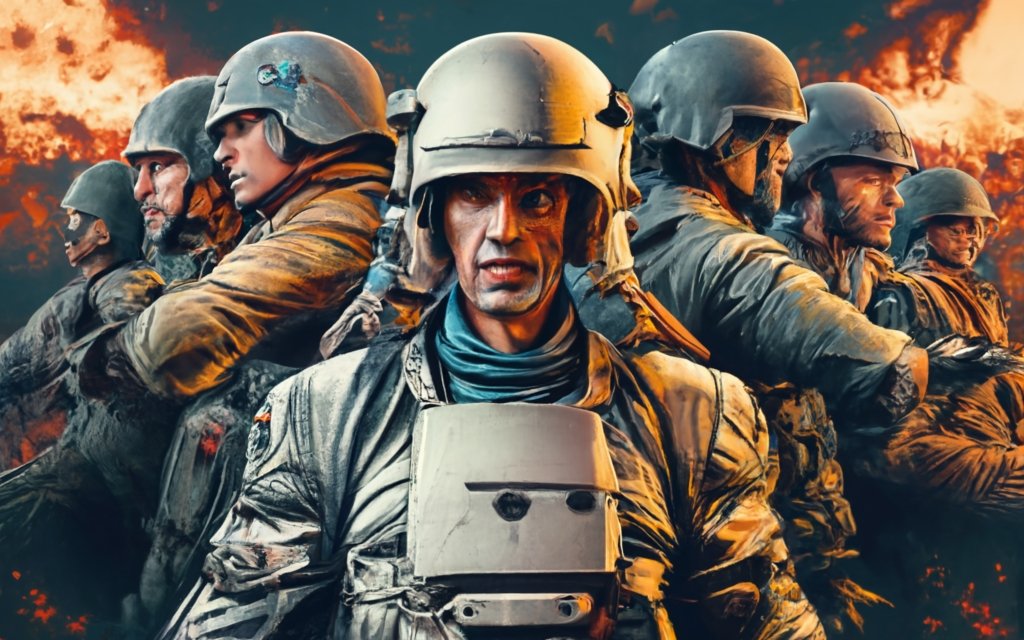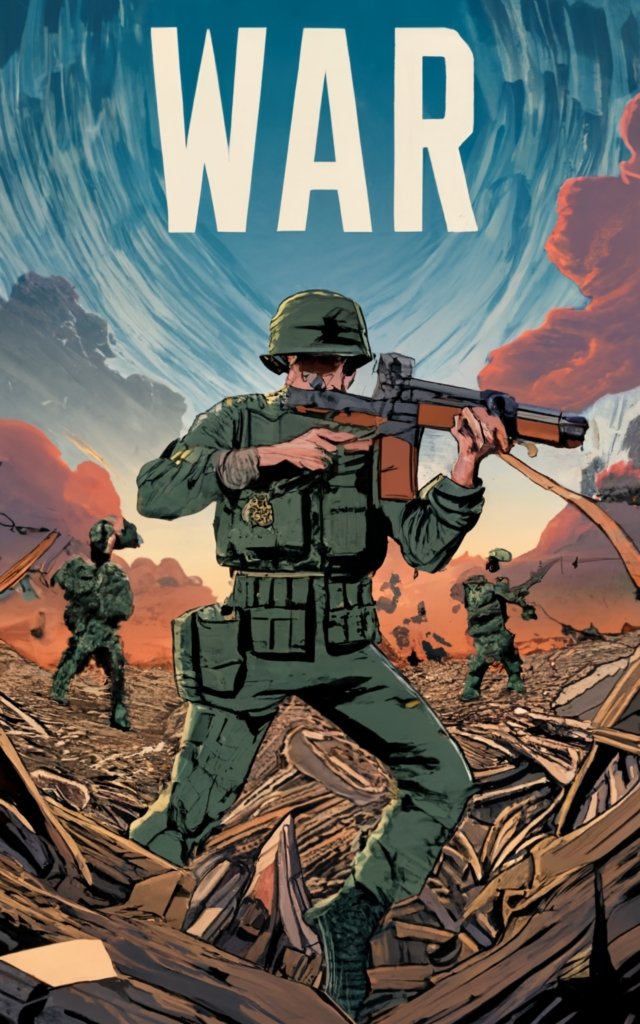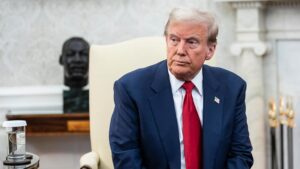How the Russia-Ukraine War Resonates Beyond Their Borders

The dawn of a September morning unveiled a world grappling with the repercussions of the Russia-Ukraine conflict. Initiated in February 2022, this confrontation has not only been a test of resilience for these two nations but has also reverberated across the international community, compelling nations to reevaluate their stances, alliances, and economic strategies.
Economic Aftershocks from a Global Perspective

The economic landscape has been significantly altered by the war. Ukraine, with its rich agricultural history and burgeoning tech industry, experienced a sharp decline in its GDP in 2022. This economic downturn, however, was not confined within its borders. The global market, with its intricate web of interdependencies, felt the strain.
Businesses, both big and small, found themselves reassessing their investments and strategies in light of the heightened geopolitical risks. The significant departure of foreign companies from Russia was not just a statement of political allegiance but also indicated a potential shift in global trade dynamics. This exodus raised questions about the future stability of international trade, the resilience of global supply chains, and the potential for new economic powerhouses to emerge.
Dr. Elena Petrov, a renowned economist based in Geneva, commented, “The ongoing conflict has brought to light the vulnerabilities in our global economic system. The departure of companies from Russia and the economic decline of Ukraine are immediate concerns, but the larger issue at hand is how prepared our globalized economy is to handle such disruptions.”
European nations, many of which have historically relied on Russia for their energy needs, found themselves in a challenging position. The sanctions imposed on Russia, while aimed at addressing the conflict, had broader economic implications. Energy prices soared, supply chains were disrupted, and the stock markets, always sensitive to global events, experienced heightened volatility. Concerns about a potential global recession, already looming due to other global events, were exacerbated.
Ground Stories Highlight Resilience Amid Ruin
Beyond the vast economic landscape, there are intimate tales of human spirit, resilience, and innovation. Small businesses in Ukraine, the backbone of their economy, showcased remarkable adaptability. Faced with supply chain disruptions, changing consumer behaviors, and the sheer physical dangers of the conflict, they found ways to pivot their operations, often with limited resources.
Communities, too, rallied together. In Kyiv, a local bakery, previously known for its pastries, transformed overnight into a community kitchen, providing meals for those displaced by the conflict. In Odesa, a coastal city known for its vibrant culture, teachers and local volunteers established a temporary school in a basement, ensuring that the city’s children continued to receive an education despite the sounds of conflict echoing outside.
However, Alexei Morozov, a political analyst from Moscow, offered a counter perspective, stating, “While these stories of resilience are commendable, they are but a small part of a larger narrative. The systemic issues, the geopolitical games, and the international response are what will shape the future of this conflict. The international community needs to have a unified, effective response.”

A New World Order Emerges

The Russia-Ukraine conflict has been a catalyst for introspection on the global stage. The traditional roles of major powers are being reevaluated, and the effectiveness of international organizations is under scrutiny. The strategies and long-term goals of key global players in this conflict are being reassessed against a backdrop of a rapidly changing geopolitical landscape.
Organizations like the United Nations, NATO, and the European Union, which have historically played pivotal roles in mediating and resolving conflicts, are finding their approaches and effectiveness being questioned. The Russia-Ukraine conflict, with its complex web of alliances, interests, and histories, highlights the evolving dynamics of global politics and the need for a new playbook for international diplomacy.
Reflecting on Global Impacts and the Path Forward
Dr. Elena Petrov shared her insights, stating, “This war is a stark reminder of our world’s interconnectedness. Its ramifications, both immediate and long-term, are extensive. As we address its consequences, it’s vital to challenge our assumptions, seek diverse perspectives, and understand the multifaceted nature of global events. The world’s response, or lack thereof, will influence international relations, economic policies, and geopolitical strategies for years to come.”
The global community, with its myriad of cultures, economies, and political systems, is closely monitoring the developments between Russia and Ukraine. The implications of this conflict, both overt and subtle, extend far beyond these two nations. Every diplomatic discussion, every economic sanction, and every military maneuver is being analyzed, discussed, and debated. The global community, in its interconnectedness, feels the weight of every development, and the collective hope is for a resolution that ensures peace, stability, and prosperity for all. The coming months and years will reveal the full impact of this war, its lessons, and its legacy on the global landscape.



